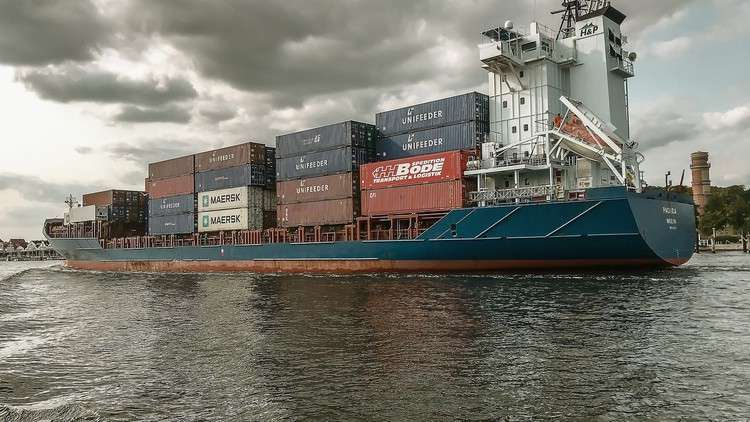
Efficiency, Quality, and Sustainability in a Global Supply Chain Ecosystem
What you will learn
Explore the intricacies of supply chain management and learn to optimize logistics, procurement, and distribution processes.
Develop the skills to reduce costs, improve efficiency, and enhance supply chain resilience in a rapidly changing global market.
Gain insights into risk management, sustainability, and ethical considerations within the supply chain, preparing you for responsible decision-making.
Acquire the knowledge and expertise to excel in supply chain careers and contribute to the success of organizations across industries.
Description
In an increasingly interconnected world, the efficient and effective management of supply chains is a vital component of success for businesses and organizations across the globe. Our course, “Supply Chain: Streamlining Global Operations,” is your gateway to understanding the intricate web of processes that drive the movement of goods and services from raw materials to consumers. Whether you are an aspiring supply chain professional, a seasoned practitioner, or a business owner seeking to optimize your operations, this course offers the knowledge and skills necessary to navigate the complexities of the modern supply chain landscape.
Course Benefits:
1. Strategic Insight: Gain a deep understanding of supply chain strategies and the critical role they play in an organization’s success. Learn how to align supply chain management with your business goals.
2. Operational Excellence: Explore best practices and industry standards for optimizing supply chain operations. Improve efficiency, reduce costs, and enhance customer satisfaction.
3. Global Perspective: Understand the nuances of global supply chain management, including international logistics, customs, and the complexities of operating in a global marketplace.
4. Innovative Technology: Stay updated on the latest technological advances in supply chain management, including the use of data analytics, IoT, and blockchain to enhance transparency and efficiency.
5. Risk Mitigation: Learn to identify and mitigate risks that can disrupt supply chain operations, from natural disasters to geopolitical factors. Develop strategies to build resilient supply chains.
6. Career Advancement: Whether you’re a supply chain professional or seeking a career in this field, this course equips you with the knowledge and skills needed to excel and advance in your career.
Don’t miss the opportunity to enhance your knowledge and skills in supply chain management and streamline global operations.
Content